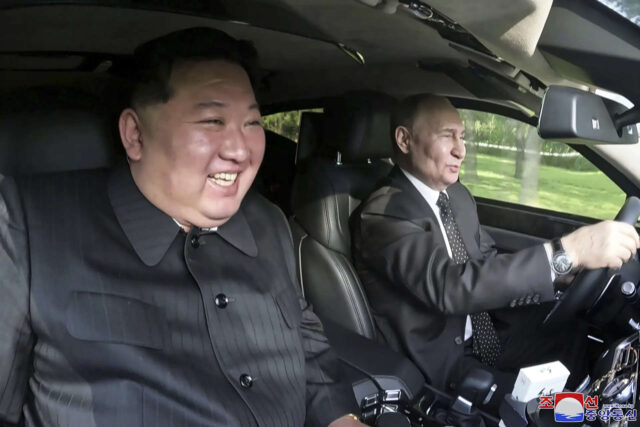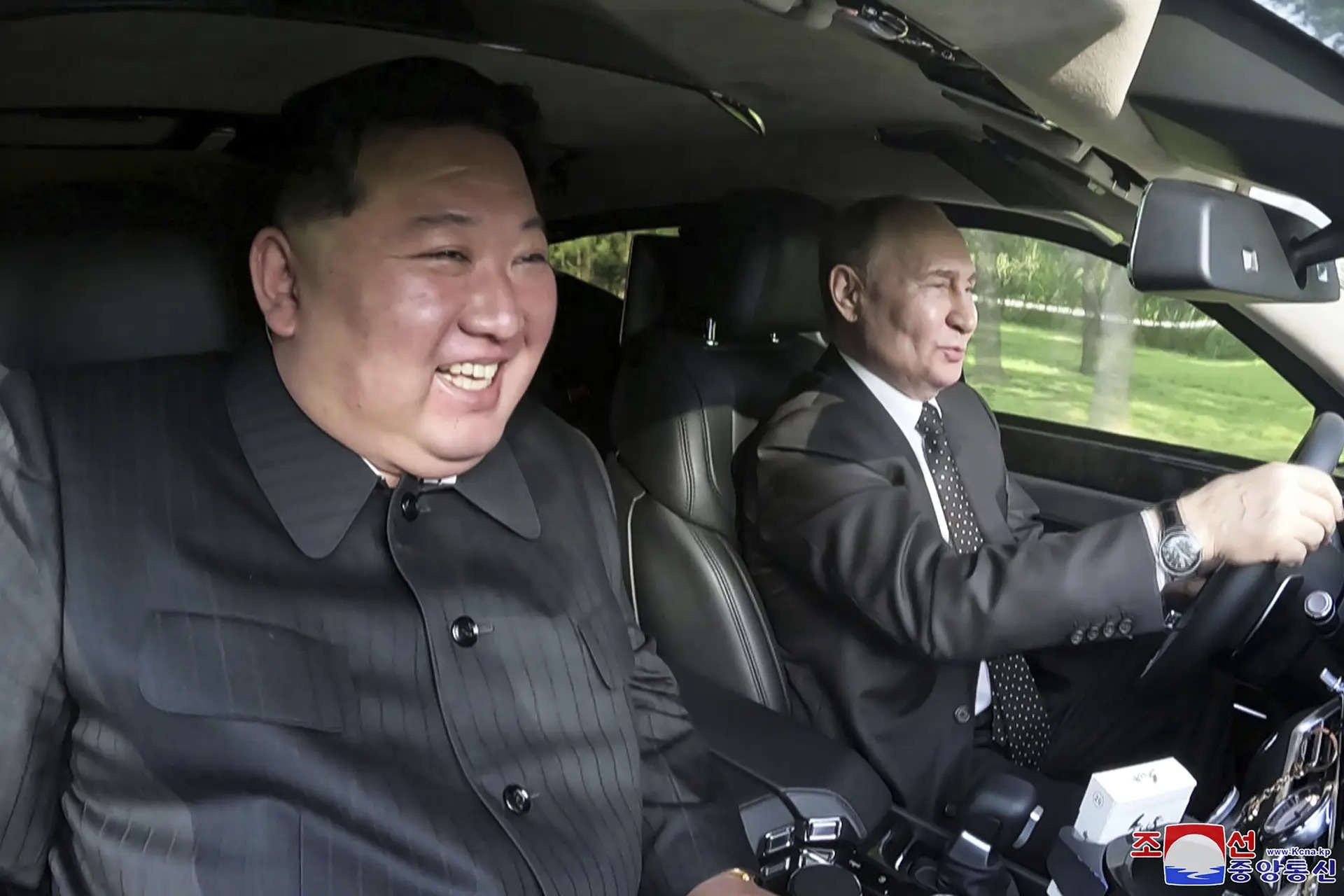China’s Strategic Dilemma
The recent agreement between North Korean leader Kim Jong Un and Russian President Vladimir Putin has presented a strategic challenge for China. While China aims to maintain peace on the Korean Peninsula and counter US influence, these goals now seem to conflict, complicating China’s response to the pact.
China has refrained from publicly commenting on the pact, which requires mutual defense assistance between Russia and North Korea in case of an attack. Instead, China has reiterated its commitment to peace and stability on the Korean Peninsula and a political resolution to the North-South divide. Experts suggest that this restrained reaction may indicate China’s uncertainty about how to navigate the situation.
Insights and Concerns from Experts
Victor Cha, senior vice president for Asia and Korea chair at the Center for Strategic and International Studies, noted, “The Chinese response has been ‘very weak.’” He elaborated, “Every option is a bad option,” suggesting that Beijing might be struggling due to internal disagreements or an inability to assess the situation effectively.
While some in China might view the Russia-North Korea alignment as a counterbalance to US dominance, Cha believes there is significant discomfort within China regarding this alignment. China values its influence over North Korea, is concerned about the rise of a destabilizing nuclear power nearby, and is wary of being drawn into the European conflict in Asia. By not openly expressing these concerns, China hopes to prevent pushing Kim Jong Un closer to Vladimir Putin.
International Reactions and Concerns
John Kirby, the White House national security spokesman, expressed concern about the pact, stating, “The pact between Russia and North Korea ‘should be of concern to any country that believes that the UN Security Council resolutions ought to be abided by.’” He added, “It should be of concern to anybody who thinks that supporting the people of Ukraine is an important thing to do. And we would think that that concern would be shared by the People’s Republic of China.”
China’s Strategic Considerations
Sun Yun, director of the China program at the Stimson Center, stated that China does not intend to form a three-way alliance with North Korea and Russia: “Beijing doesn’t want to form a three-way alliance with North Korea and Russia because it ‘needs to keep its options open.’”Closer ties between Kim Jong Un and Vladimir Putin could potentially weaken Beijing’s influence and make China “the biggest loser,” according to Danny Russel, who served as the top US diplomat for Asia during the Obama administration.
(With inputs from TOI)





































